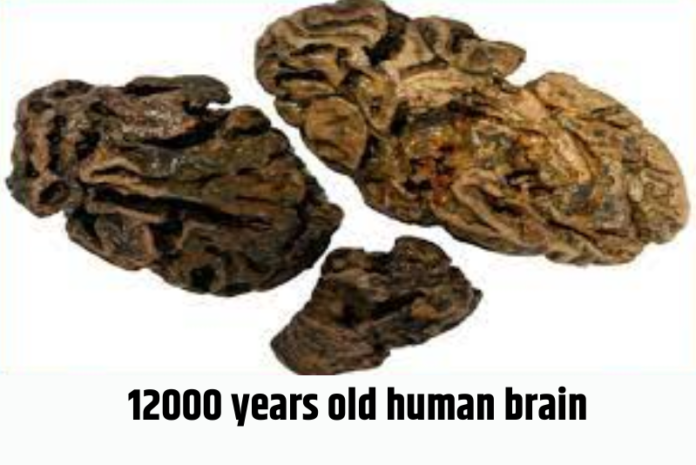Scientists have discovered more than 4,400 human brains in archeological sites, all of which are in shockingly good condition. Contrary to widespread assumption, these brains are 12,000 years old.
Preserved Human Brains: Archaeologists have discovered more than 4,400 human brains in shockingly mint condition. Contrary to popular belief, these brains are 12,000 years old. It is widely assumed that the brain deteriorates rapidly after death, but these brains prove otherwise. According to scientists, the human brain does not deteriorate as quickly as previously believed. This raises new questions regarding our understanding of brain degeneration. Some minds survive despite expectations by staying safe for a long period.
Safe minds meet the deserts of Egypt.
A report in ‘The Mirror’ claims that this research was carried out by a group of scientists under the direction of Alexandra Morton-Hayward of Oxford University. Through the analysis of historical documents from archaeological sites, they were able to find these brains. These preserved brains were discovered in a variety of environments, including peat swamps in Europe and the Egyptian deserts. Researchers have discovered preserved brains in ancient sites, according to a study titled “Preserved human brains in multiple environments for at least 12,000 years” that was published in the journal The Royal Society.
A new study challenges the myth of early brain injury.
It is widely assumed that the brain deteriorates swiftly after death, however this recent discovery contradicts this. It’s unusual to see brains preserved for so long in archaeological discoveries. Scientists collected data from over 4,400 human brains discovered in ancient sites dating back about 12,000 years. They discovered that more than 1300 of these brains were the only soft tissue intact, with the rest being skeletal remains. Scientists also believe that this pristine collection of preserved brains from so long ago represents an excellent opportunity to conduct bio-archaeological research into human evolution, health, and disease.
Some Important points about Human brain:
here are:
Complicated and powerful: The brain is the most complicated organ in the human body. It consists of billions of neurons that communicate with one another via trillions of connections known as synapses. This complexity enables the brain to conduct a variety of processes such as thinking, emotion, learning, and remembering.
Learning Machine: Our brains are constantly learning and evolving throughout our lives. This process is known as neuroplasticity. When we learn new things, the connections between neurons in our brains become stronger.
Energy guzzler: The brain consumes approximately 20% of the body’s total energy despite accounting for only roughly 2% of its weight. This is because the brain requires a large amount of energy to function effectively.
Highly Wrinkled: The human brain’s surface is wrinkled rather than smooth. These wrinkles, known as gyri, enable the brain to fit more neurons into a smaller space.
Two halves Working Together: The brain is divided into two hemispheres: the right and the left. The corpus callosum, a bundle of nerves connecting the two hemispheres, facilitates communication.
Myth Busted: We use more than just 10% of our brains. In fact, we use every part of our brain at some point. However, various regions of the brain are active at different periods.
Electrical Powerhouse: The brain communicates with its neurons using electricity. These electrical signals are known as action potentials.
Error-prone: The brain is not perfect and can make mistakes. These mistakes can cause illusions and biases.
Still a Mystery: Much remains unknown about the brain. Every day, scientists discover new details about how the brain functions.
